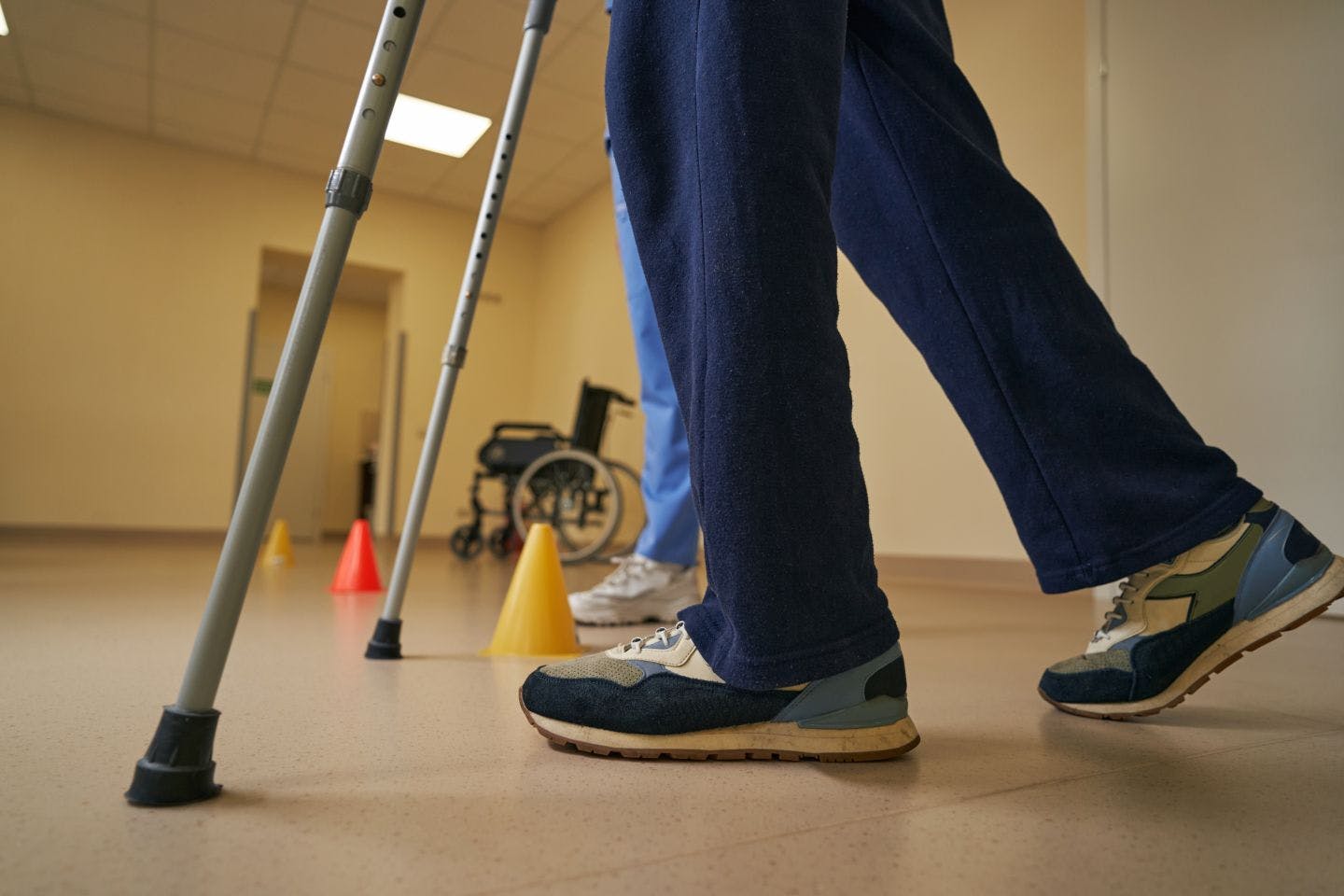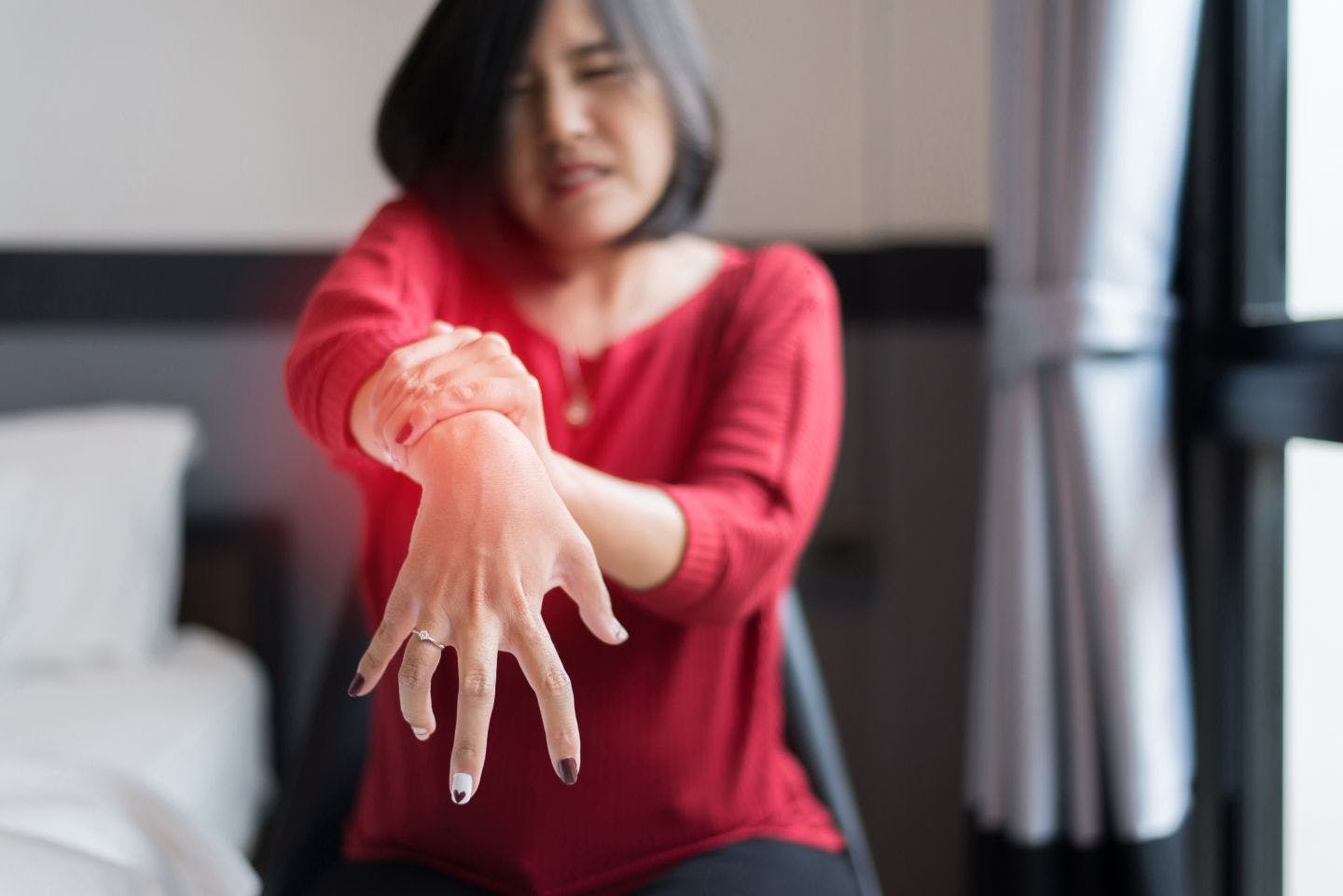-
Expert Physical Therapy for Strokes and Traumatic Brain Injuries in Northville, MI.
Discover the transformative power of expert physical therapist guided care for overcoming the challenges of strokes and traumatic brain injuries, and restore your quality of life.
A Brief Overview Of Strokes And Traumatic Brain Injuries
Strokes occur when blood flow to the brain is interrupted, either due to a blocked blood vessel (ischemic stroke) or a broken blood vessel (hemorrhagic stroke).
Traumatic brain injuries (TBIs) result from a sudden impact or force to the head, causing damage to the brain. TBIs can range from mild concussions to severe brain damage, and common causes include falls, motor vehicle accidents, sports injuries, and assaults.
How a Stroke or TBI can Impact Your Daily Activities
Both strokes and traumatic brain injuries can have significant and lasting effects on daily life. Depending on the severity and location of the injury, individuals may experience physical, cognitive, and emotional impairments.
These may include:
Muscle weakness or paralysis, Balance and coordination problems, Difficulty with speech and communication, Memory loss, and Emotional challenges such as depression and anxiety.
How Our Expert Physical Therapists at Northville Physical Rehabilitation Help Patient Recovery from Stroke and Traumatic Brain Injury
Physical therapy plays a crucial role in the recovery process for individuals who have experienced a stroke or traumatic brain injury. Your physical therapy specialist will evaluate you for your individual needs and develop customized treatment plans aimed at improving physical, cognitive, and emotional functions.
By focusing on each individual’s goals, physical therapists help patients regain independence, mobility, and quality of life.
The Benefits of Physical Therapy at Northville Physical Rehabilitation
The benefits of physical therapy for stroke and traumatic brain injury rehabilitation are extensive. Some of the key advantages include:
- Improved strength, balance, and coordination: Targeted exercises and therapies help restore muscle function and increase overall stability.
- Enhanced mobility and independence: Adaptive equipment and gait training can improve walking ability and facilitate greater self-reliance in daily activities.
- Better cognitive and communication skills: Speech therapy and cognitive rehabilitation can help patients regain vital communication and thinking abilities.
- Reduced risk of complications: Proper rehabilitation can minimize the likelihood of secondary issues such as muscle stiffness, contractures, and pressure sores.
- Emotional well-being: The support and guidance of physical therapists can foster a positive mindset and help patients overcome the emotional challenges associated with their recovery journey.
- Our Comprehensive Treatment Approach A Personalized Path to Recovery
Our customized, evidence-based treatment plans are designed to meet your unique needs, empowering you to regain independence and cognitive function.
It starts with a comprehensive initial evaluation and personalized treatment plan.
We Offer a Variety of Therapeutic techniques:
- Manual therapy
- Neurological rehabilitation
- Constraint-induced movement therapy
- Assistive devices and adaptive equipment fitting
We Focus on Your Functional Goals:
- Independence in daily activities
- Mobility and strength improvement
- Cognitive and communication skills enhancement
- Get Started on Your Journey to Recovery
Ready to embark on the life-changing journey towards recovery? Schedule your initial evaluation today and let our expert care team guide you every step of the way.
CALL NOW: (248) 349-9339
-
Parkinson’s disease (PD) belongs to a group of conditions called motor system disorders, which are the result of the loss of dopamine-producing brain cells.
The four primary symptoms of PD are:
- Tremor, or trembling in hands, arms, legs, jaw, and face;
- Rigidity, or stiffness of the limbs and trunk;
- Bradykinesia, or slowness of movement; and
- Postural instability, or impaired balance and coordination.
As these symptoms become more pronounced, patients may have difficulty walking, talking, or completing other simple tasks.
PD usually affects people over the age of 60.
How Physical Therapy Can Help
Parkinson’s Disease affects each patient a little different. Therefore, your physical therapist will perform a thorough evaluation of your condition.
We then develop a personalized treatment plan to help you become as independent as possible and to improve your activity level. Your treatment may address some of these common limitations:
- Improve your fitness level, strength, and flexibility
- Develop more effective strategies to get in and out of bed, chairs, and cars
- Rollover in bed more easily
- Stand and turn to change directions more efficiently
- Improve the smoothness and coordination of your walking
- Improve your ability to perform hand movements
- Decrease your risk of falling
- Climb and descend stairs and curbs
- Participate in activities that are important to you
We are here to help. If you would like to learn more about our Parkinson’s Disease rehabilitation program, please don’t hesitate to give us a call at (248) 349-9339.
Translate »



